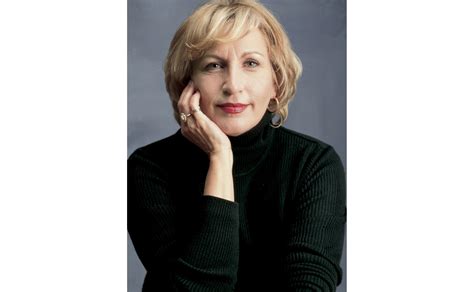A Quote by William Butler Yeats
When Walt Whitman writes in seeming defiance of tradition, he needs tradition for his protection, for the butcher and the baker and the candlestick-maker grow merry over him when they meet his work by chance.
Related Quotes
The poet needs a ground in popular tradition on which he may work, and which, again, may restrain his art within the due temperance. It holds him to the people, supplies a foundation for his edifice; and, in furnishing so much work done to his hand, leaves him at leisure, and in full strength for the audacities of his imagination.
I'm not an advocate of true rhymes, I don't think. I think that everyone who writes musical theater needs to know how to do true rhymes, because that's the tradition of it, but I do think that in order for the art form to grow, it's important to not let tradition get in the way of innovation. There's all kinds of reasons not to use true rhyme in a lyric, like with off-color humor.
Certainly I'm participating in an already established and awesome tradition, but it's a tradition that sort of shoots up and through the mainstream in short bursts and pulses and then gets diluted. Walt Whitman and Emily Dickinson shot up and then got sucked back down underground under more entertaining and less radical versions of body and self - poetry and prose that posited bodies in more perfect union with good citizenship.
European society has always been divided into classes in a way that American society never has been. A European writer considers himself to be part of an old and honorable tradition--of intellectual activity, of letters--and his choice of a vocation does not cause him any uneasy wonder as to whether or not it will cost him all his friends. But this tradition does not exist in America.
In his very rejection of art Walt Whitman is an artist. He tried to produce a certain effect by certain means and he succeeded....He stands apart, and the chief value of his work is in its prophecy, not in its performance. He has begun a prelude to larger themes. He is the herald to a new era. As a man he is the precursor of a fresh type. He is a factor in the heroic and spiritual evolution of the human being. If Poetry has passed him by, Philosophy will take note of him.



































